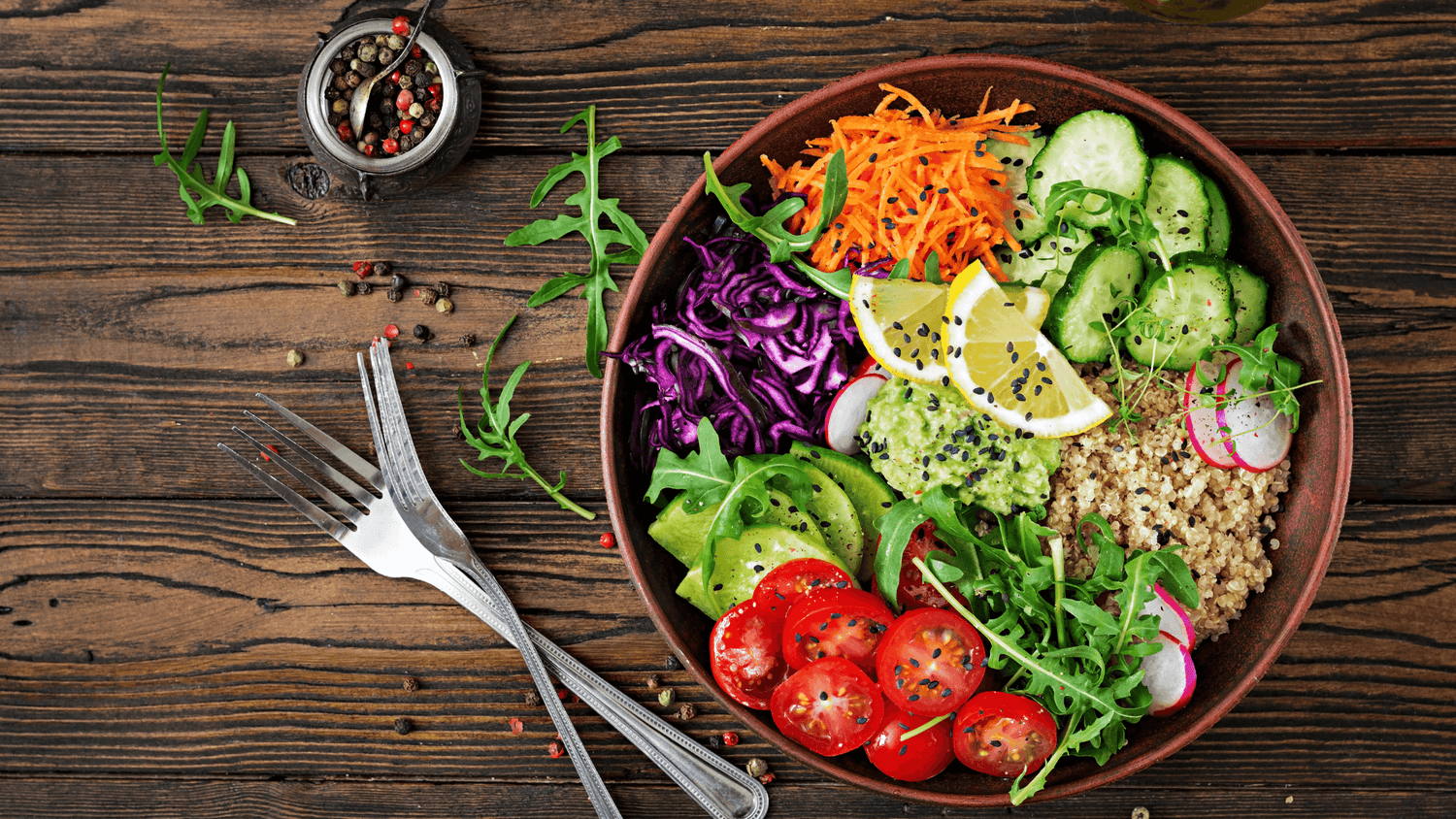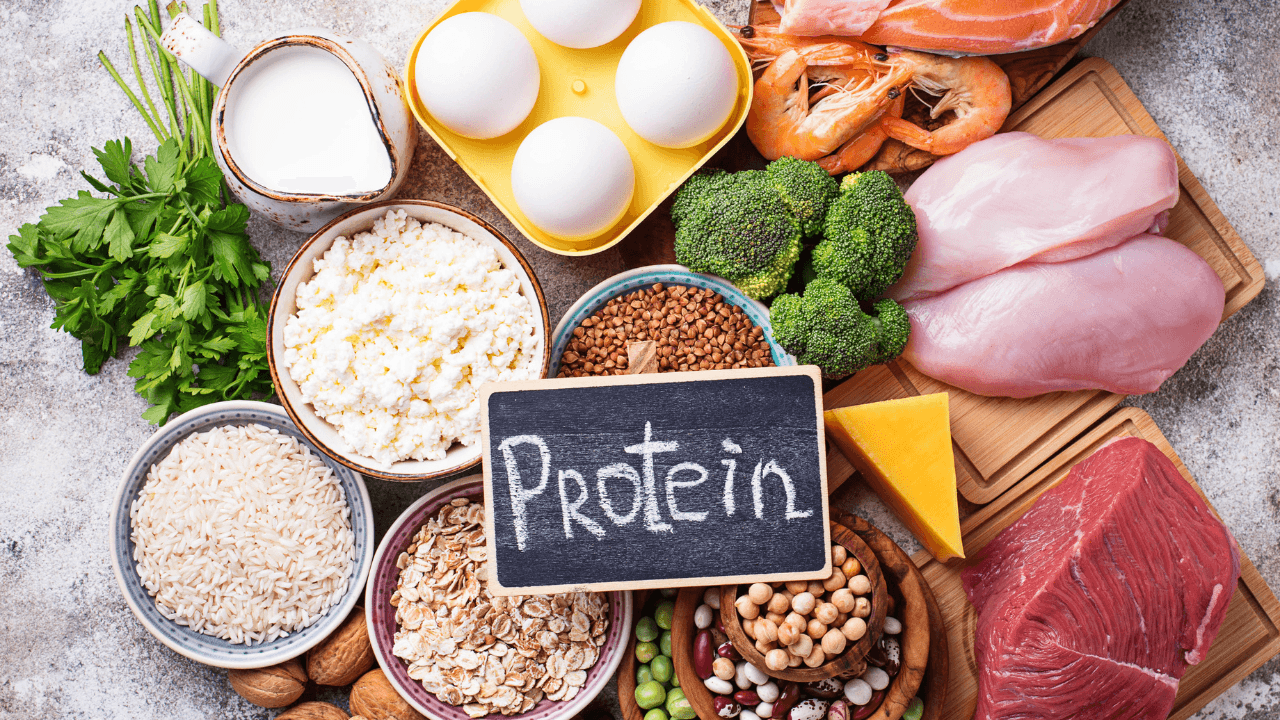In modern times, there is a rise in individuals who choose vegetarianism. They may have transitioned to veganism due to ethical, environmental, or health motives. This can be advantageous since an appropriately balanced plant-based diet can result in improved health and a longer lifespan.
However, if you don't know enough about veganism, then rushing into an entirely plant-based diet may increase the risk of nutritional deficiencies in some cases.
But don't worry, this article provides a thorough introduction to veganism for beginners. It covers all the essential information required to adopt a vegan diet properly.

Types of Vegetarianism
Interestingly, veganism does not mean eating only vegan products and vegetables at all. Vegetarianism can be broadly categorized into six types according to the types of food they consume as follows.
Vegans avoids all foods made from animals meat, poultry, fish, eggs and dairy products and foods containing them.
Semi-vegetarians are those who do not consume red meat from mammals such as cows, sheep and pigs. However, these people will consume some poultry and seafood. This is not traditional vegetarianism, but something in between.
Lacto-vegetarians' diet excludes meat, fish, poultry and eggs and foods containing them, but includes dairy products such as milk, cheese, yogurt and butter.
Ovo-vegetarians' diet excludes meat, poultry, seafood and dairy products, but allows eggs.
Lacto-ovo vegetarians' diets exclude meat, fish and poultry, but allow dairy products and eggs.
Pescatarians' diets exclude meat and poultry, dairy products and eggs, but allow fish.

Vegetarian Diet Checklist
Theoretically, vegetarians should steer clear of meat and any excluded foods in their chosen vegetarian category.
Instead, they should opt to consume mostly plant-based foods such as grains, nuts, seeds, legumes, vegetables, and fruits. Grocery stores and supermarkets now have many vegan options, like veggie burgers, chicken substitutes, and faux beef, inspired by their meat counterparts. These options aren't as healthy as whole, unprocessed vegan foods, but they provide variety to a vegan diet.
Vegetarians who are strict will avoid poultry, fish, and meat, but this depends on the type of vegetarian diet chosen. For instance, egg vegans can eat eggs, while fish vegans can eat fish.

Benefits of Vegetarianism
Vegetarian diets can help you lose weight
Research indicates that vegetarians tend to have a lower BMI and are thinner than non-vegetarians. This is due to their diets, which are generally high in vegetables, whole grains, and legumes, and have an abundance of fiber. Dietary fiber promotes satiety, leading to smaller portions, and ultimately fewer consumed calories overall. This can help you lose weight by reducing body fat and waist size.
A study conducted on individuals with type 2 diabetes discovered that a vegan diet was almost twice as effective for weight loss as a low-calorie diet.

Reduce the risk of diabetes
A growing number of studies have found that a plant-based diet can reduce the risk of diabetes.
A new study with over 2,000 adults discovered that people who ate more fruits, vegetables, and nuts could lower their chances of developing type 2 diabetes by 60%, in contrast to those who did not. The elevated fiber intake might be the reason behind this, as it might decrease the blood sugar response and stabilize blood sugar levels.
Reduce the risk of heart disease
Meat often has saturated and trans fats that can raise cholesterol levels in the blood. Cholesterol causes fatty buildups in blood vessels, which increases the risk of heart disease and peripheral artery disease. A vegetarian diet is naturally free of dietary cholesterol. Consuming diets high in fats and cholesterol can increase blood pressure and result in higher rates of cardiovascular disease.
Reduce the Risk of Cancer
In 2015, the World Health Organization classified red meat as a Group 2 carcinogen, meaning it may cause cancer in humans. The WHO considers processed meats (like bacon and pepperoni) as Group 1, which is carcinogenic to humans. Vegetarian diets that exclude these meats can reduce cancer risk more than non-vegetarian diets. This indicates that following a plant-based diet reduces certain cancer risks.
Improve Mood
One study found that participants who adopted an all-vegetarian or vegan diet food reported fewer depressive symptoms.
How to Start Vegetarianism
One way to start a vegan diet is to gradually reduce the meat in your diet while increasing the fruits and vegetables in your diet. Here are some tips to help you get started:
1. Gradual Increases. Increase the number of meatless meals you already enjoy week by week, such as sautéed seasonal vegetables or pasta with tomato sauce. Find ways to include leafy greens in your daily meals. Good choices include spinach, collard greens, Swiss chard, and kale.

2. Substitutions. Pick a favorite dish and try cooking without meat. For example, remove ground beef and add an extra can of black beans to cook vegetarian chili. Or use aged tofu instead of chicken to cook fajitas. You may be surprised to learn how many dishes can be made vegetarian with just a few simple changes.
3. Extension. Look up vegan recipes online. Buy or borrow vegetarian cookbooks. Go to ethnic restaurants and sample new vegan dishes. Increasing the variety of foods on your vegan diet will help meet all of your nutritional needs.



